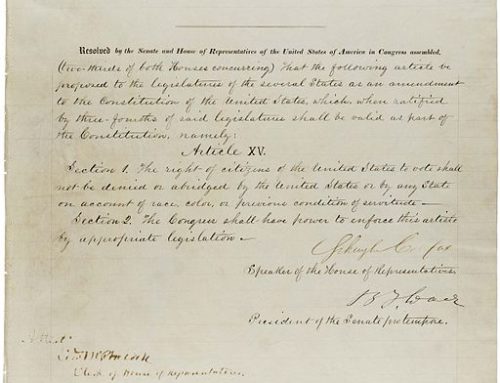In an editorial for the New York Times, The Technocracy Boom, David Brooks highlighted a fundamental problem—the extensive growth of the federal bureaucracy that has occurred in the twenty-first century (2001-2010) under both Republican and Democratic Administrations. Unfortunately, unwinding the torrential growth of government employees will be daunting (possibly impossible) challenge. Historical evidence has shown federal agency employment at best slows down irrespective of the policy agenda of the new administration. The federal government outlays now constitute about 25% of the Gross National Product, up from 18% during most of the post-World War-II era. Moreover, expenditures exceed government revenues by close to 50%.
Under George W. Bush, the Republicans expanded a vast national security bureaucracy. More than 1200 government agencies and 1900 private companies work on counterterrorism, homeland security and intelligence site at around 10,000 sites across the country. An estimated 854,000 people have top-secret security clearance. These analysts produce 50,000 reports a year—a flow of paper so great that many are completely ignored.
Now, Democrats are in control. They augmented the national security bureaucracy (not reduced it!). In addition they bulked up bureaucracies in domestic spheres. The health care law created 183 new agencies, commissions, and panels according to Robert Moffit of the Heritage Foundation. These include things like the Quality Assurance and Performance Improvement Program, an Interagency Plan Research Coordinating Committee and a Cures Acceleration Network Review Board.
The Democrats have now passed a financial reform law, which has 2319 pages. The financial reform law is seven times longer than the last five pieces of banking legislation combined. The Sarbanes-Oxley banking reform act was only 66 pages and the law creating the Federal Reserve was 31 pages.
Brooks argues that we have now entered an era based on the faith in government experts to manage complex systems. This era is being promulgated without much popular support. Instead, it is the product of a narrow group of professionals who believe that at the top they can through rule-writing solve a vast array of society’s problems. There is now a growing backlash among people who do not have faith in Washington.
If the growth of the federal bureaucracy results in stagnating controls and regulations, a large number of Americans will feel that they were subjected to a doomed experiment that they did not consent to.
Brooks’ editorial ends with this sentence: “if backlash gains strength, well, what’s the 21st century version of the guillotine?”
Originally published in the Sarasota Herald-Tribune



